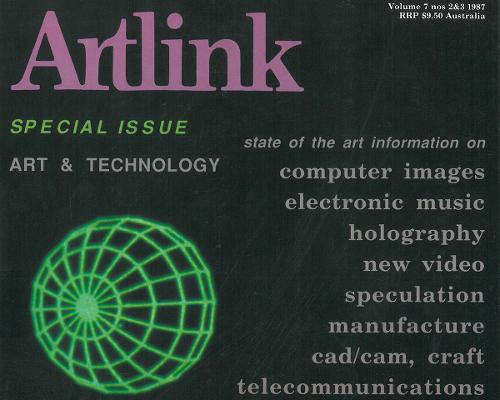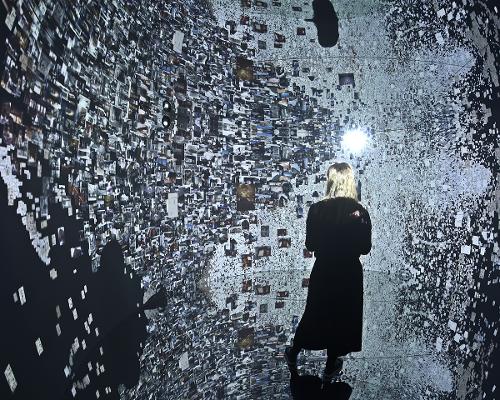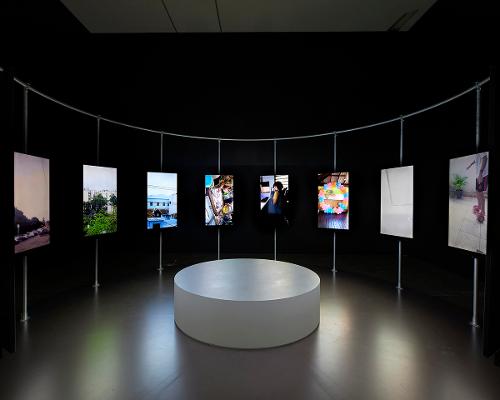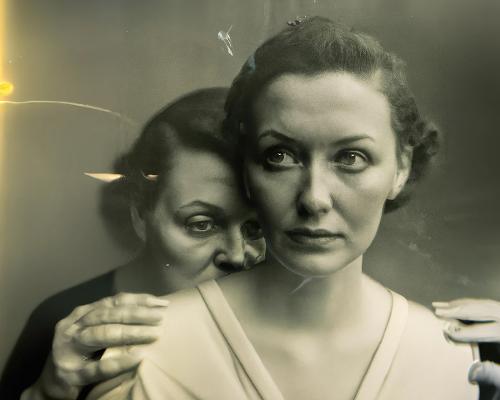Blind spots and possibilities: Exhibit A-i and fictional realism
Encountering the British television science fiction anthology, Black Mirror (2011–), during my transition from the Sciences to the Humanities at the University of Western Australia proved serendipitous in shifting my outlook on how we portray and speculate about technology, especially AI. Set in alternative near‑futures, the show explores intriguing scenarios about the implications of human interactions with advancing technologies like AI, often focusing on novel ethical and moral tensions that could emerge in the everyday and mundane uses of tech. Watching how Black Mirror deviates from clichéd tropes about AI takeovers and observing the ensuing discourse about the show’s storytelling confirmed my suspicions that regardless of whether speculative narratives portray pioneering, uncommon themes about AI (like Black Mirror) or banal tropes about AI dominance, both approaches often catapult us towards panic about potential future harms. Whether discourse skews towards alarmist or overly optimistic outlooks, each approach risks missing the crucial roles that pop culture plays as a discursive space and living conversation, where nuanced relationships between humanity, science and society are constantly excavated and negotiated.












